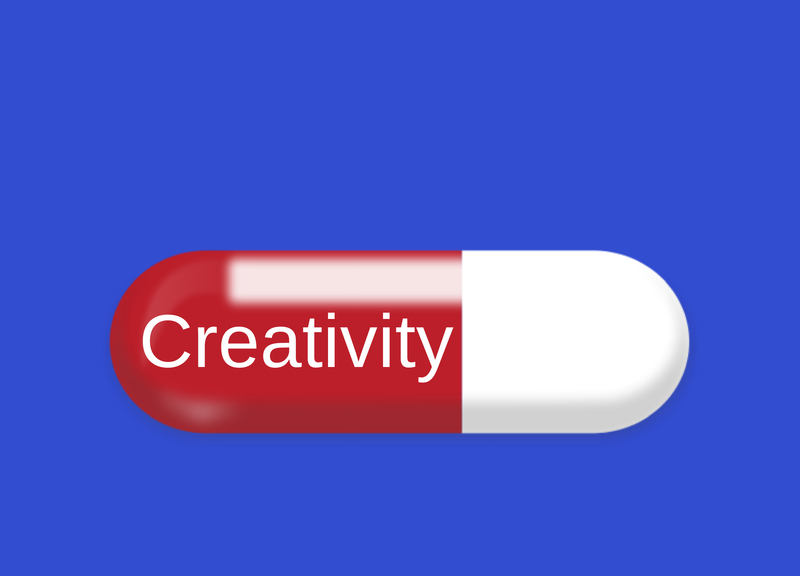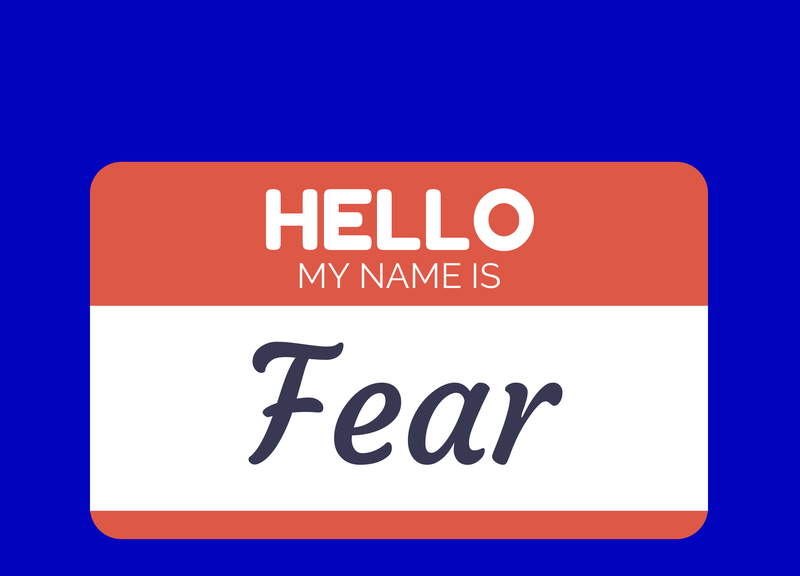The polarizing differences in generations of people may be more apparent and real today than ever before in the history. Connectedness, innovation and social change may be some of the driving forces behind the shift but still in some cases the aversion to change may be playing an even larger role in the widening of the gap.
I am 25, so going by the definition of a “Millennial” or someone born between the early 80’s and the early 2000’s. We are the generation that has seen consistent reinvention in the spaces of technology, culture and beliefs. We learned to play Oregon Trail as a child and now we have supercomputers in our pockets. We grew up in a world of landlines and pay-phones, but we matured in a world of constant connectedness.
This is where I think the real beauty lies. As millennials we have been in a perpetual state of learning, unlearning and relearning. We have a confidence in the uncertain and a certain distaste with routine that makes life feel smooth like a sheet of ice at times and rough like sandpaper at other times. It can be a real struggle putting ourselves into a role that requires a strict compliance to processes and hierarchy.
For our preceding generation in many ways we seem flighty, fickle and irresponsible. We don’t know how to communicate or follow a natural hierarchy. And for so many reasons this lack of understanding and in many cases lack in flexibility of the “Old Guard“ is what is causing the generational chasm to grow. This may be why so many young people are pursuing an entrepreneurial life, the comfort of job security is drastically overshadowed by personal fulfillment and creative freedom. Granted this may all change once children enter the equation as the level of responsibility shifts, still it is a very interesting world that we are living in.
For those of us who have taken a little more traditional path this juxtaposition of beliefs may sometimes cause some friction and some strain from time to time. Personally I struggled with the transition from the startup world where you run lean and move fast to working at a larger company where the pace could not be more different. In many ways the pseudo-glacial pace drives me crazy, and the fear of change makes every little shift feel like an uphill battle. Granted it was my choice to take the position, but while there may have been some very frustrating moments overall I am rather happy where I am at!
It took me a while to realize that I no longer lived in a world where moving fast and breaking things is not an accepted strategy for most. I went against the grain with the ideas and concepts that I proposed and I felt stifled by the lack of flexibility in many situations revolving around trying new things. It was a few months before I came to realize that in so many ways it was just as much my fault as it was theirs.
They were the ones with the experience and I was the one coming in and trying to change the way things have been done for some time before properly communicated how all of the things we were doing could work in alignment. To them the words I was using may have seemed more like a foreign language and the ideas even more alien. Once took a step back and adjusted my approach and aligning their goals with my own as opposed to the other way around things changed completely. I had been grinding and going against the grain only to learn that I could have made my life a lot easier simply by slowing down a little.
I really came to realize that it may be less to do with my being a millennial and being viewed as having a false sense of entitlement than it did me being impatient and not communicating the value of what I was trying to do properly. This may be why the gap between millennials seems to be growing more and more each day is because we have lived for so long with our norms of now and fast that it makes it harder and harder to relate to the generation above us. It may take us making a concession to step outside of our comfort zone to relate to previous generations on a better level but once we do we will be able to find some middle ground and move forward. There is still a part of me that struggles slowing down or admitting that my way may not always be the right way of doing things, but since I have made a conscious effort to slow down a little and align the goals of the other people around me with my own things have gone much more smoothly.
While in some ways I’m worried that I may be losing my edge I think that for now this is the right direction to be going in.




